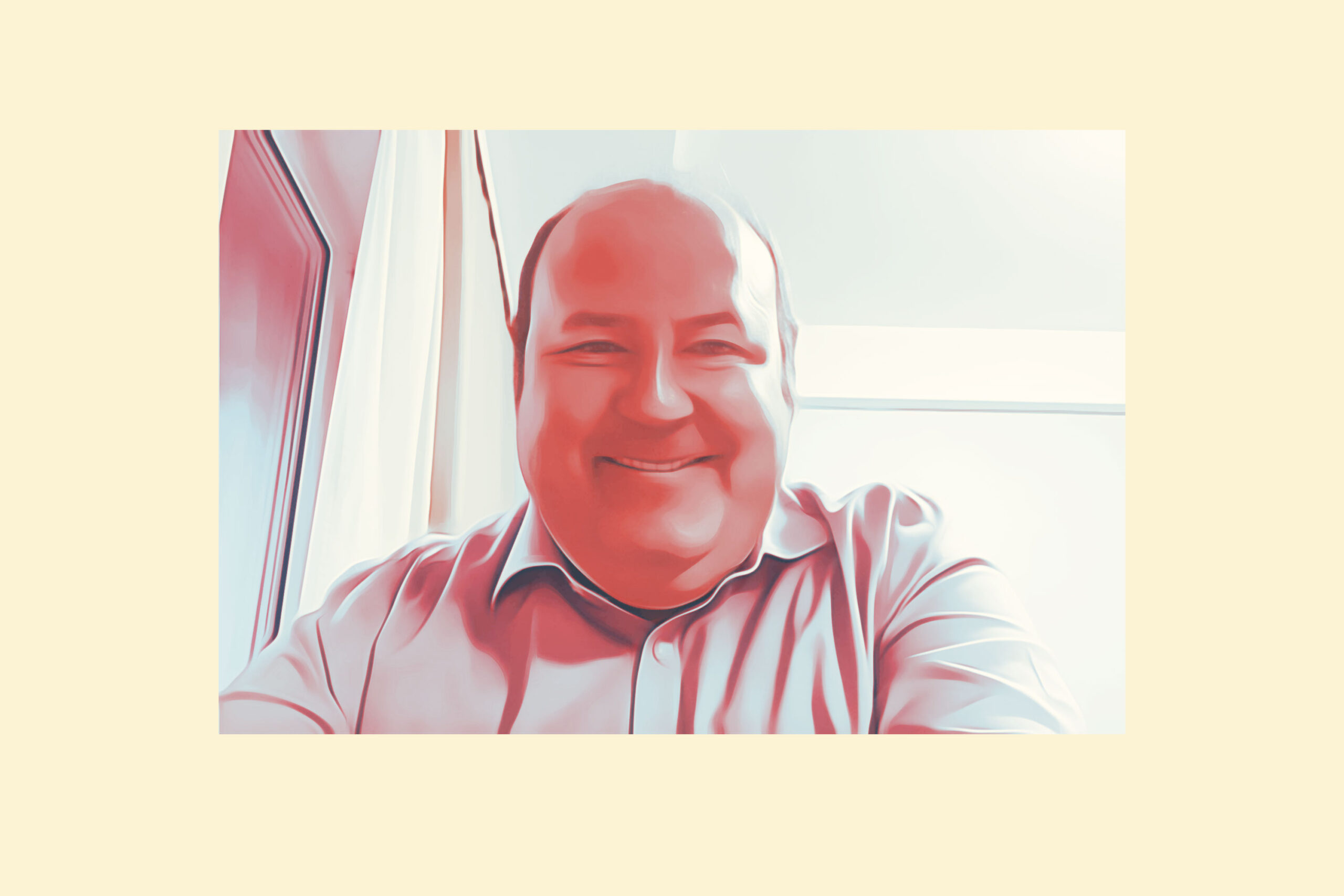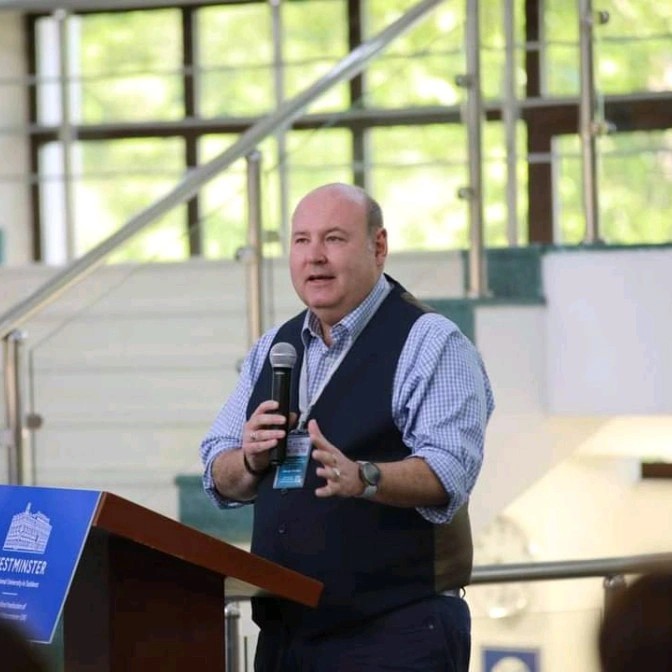How do you envision technology continuing to shape ELT? What role will AI, augmented reality and virtual classrooms play in language education?
We haven’t seen the full effect of AI yet because the “full effect” is still under development. The daily growth and development of AI options are massive; more and more apps and software are released, offering teachers and students different options, and it is unknown how this will unfold or what effect it will have on ELT. Remember that this is not just “another advancement” but similar to stepping on the moon and discovering another planet. Education needs to be prepared before stepping on that planet regarding knowledge, expertise, prudence, and, above all, training. Critical moral issues may arise as to what extent AI can be used, but to my mind, I recommend that “we take it easy” -no need to panic or rush into schemes. Let’s explore, experiment, discover, and get to know it, and I am positive all the answers will appear before us. I am afraid we have forgotten (even as teachers or professionals) how important “self-discovery” is, and we get uneasy or lost in front of these overwhelming advancements. Teachers have and need to have the “upper hand” in AI, not vice versa.
Cultural Sensitivity and Inclusivity: How can ELT adapt to promote cultural sensitivity and inclusivity in language learning in an increasingly diverse world?
This change needs to start from us as individual, professional entities. How can you teach inclusivity if you do not believe in it or you are not an “inclusive” person yourself? Inclusivity and respect for diversity is not just another program to implement or a subject. It’s a mindset that we all need to explore ourselves and then try to show it to our students. I think ELT is an excellent field to have inclusion developed as the nature of its content can be very flexibly adapted and can offer a plethora of resources. Moreover, we have some very sound voices in our field who have already been thoroughly talking and training teachers to make them more aware of this topic. I am happy to say that many publishers have been promoting this concept through their publications, and I am very proud that I work for one of them (Express Publishing).
Pedagogical Shifts: What innovative teaching methods and approaches do you foresee gaining prominence in the near future? How can they address the ever-evolving needs of language
learners?
You may have noticed that for the last three and a half years, I have been walking and talking about Positive Education not only because I believe in its value but also because I believe it is what we need in today’s turbulent times. Two ferocious wars are happening in our neighbourhood, incidents of juvenile unbelievable violence are part of the news bulletins daily, more and more students and teachers seem to be suffering from “post-COVID era trauma”, and in general, negative feelings are increasing worldwide. And my question is straightforward… “What is education’s role in all that?”. Could we have failed to instill the values that would stop or moderate all these phenomena? Could we be having as a student in our classes the next bully, the next shooter, the next leader who decides to kill innocent people to fulfil his/her agenda? And if the answer to this question is “yes”, then we need to reframe education and radically take it all from scratch. Positive Education is a framework that can work, it has scientific value, and it can instill the human values that the world seems to be losing, forgetting, or, I hope not, never had.
Professional Development: As the teaching profession evolves, how can ELT experts and organisations support educators' ongoing professional development and well-being?
By offering constant, frequent, and meaningful training to the teachers in a massive way. This is the time that the dissemination of information is glorious. You cannot hide information anymore because it’s all over. So, since accessibility is there, all the experts and organisations need to cater to its sound, valid, smooth, and engaging distribution. Having frequent events/seminars/webinars is one thing, but raising the standards of these events should also be a must. Anyone can access a conference floor and a microphone today, but what he/she says should be the focus and the result of a high standard delivering process, study, and expertise. Of course, this refers to our responsibility as trainers to know what we are discussing and always respect our audiences by providing meaningful training. By becoming “good professionals”, we automatically signal “well-being” to the teaching community. I am happy because I am trying to do my job well, and I can assure you that many teachers grasp this message without even having to articulate it.
Global Events and Education: In light of recent global events, how can ELT adapt to address new challenges and opportunities in education, such as remote learning and global interconnectivity?
Allow me to say that these cannot be called “opportunities” anymore. These are our reality and our “everyday lives”, so “adaptation” is the only way. And the first collective change will start, again, from the individual change. Teachers should ask themselves: “Will my kids be able to thrive in this world after graduating from my class?” “Does my way of teaching reflect the reality of learning today?” “Am I current with all the recent developments regarding cognition and learning?” “Have I got sufficient connections and network to go one step further from where I am today?” Change cannot occur without pre-meditation and action, which teachers need to realise. They should become “the change” if they want to go down this path. And once each one of them recognises the value of this change, then, if we are to have this chat again after maybe 5 or 10 years, we will be talking about a new educational landscape and a stronger ELT, global community, with higher standards than today, ready to move towards “a new change”.

